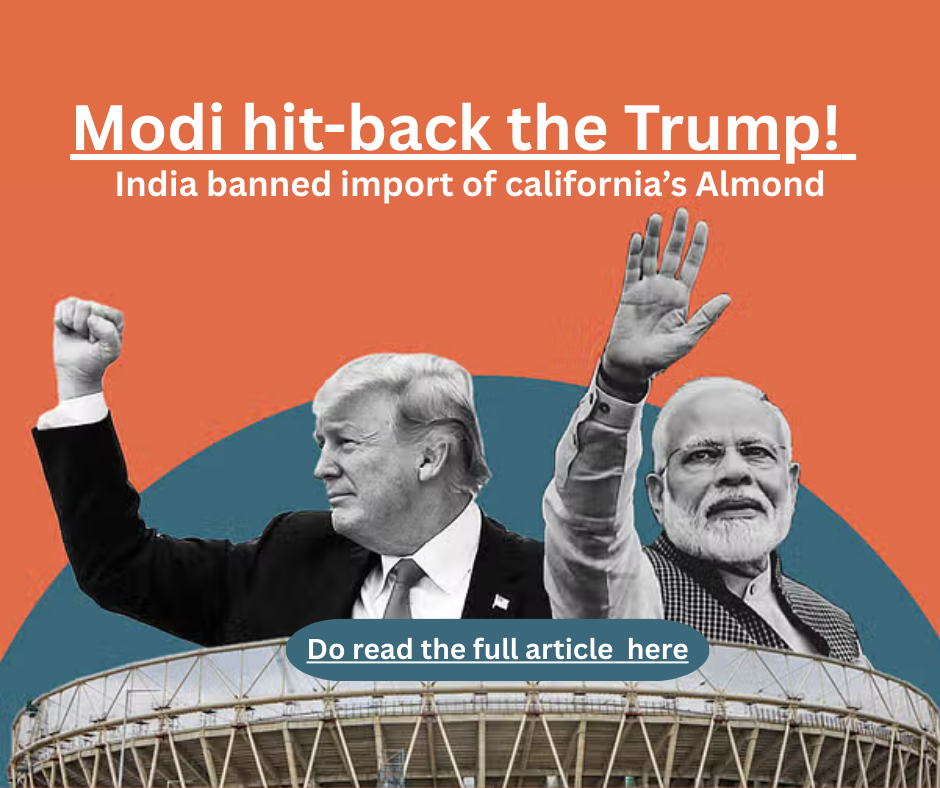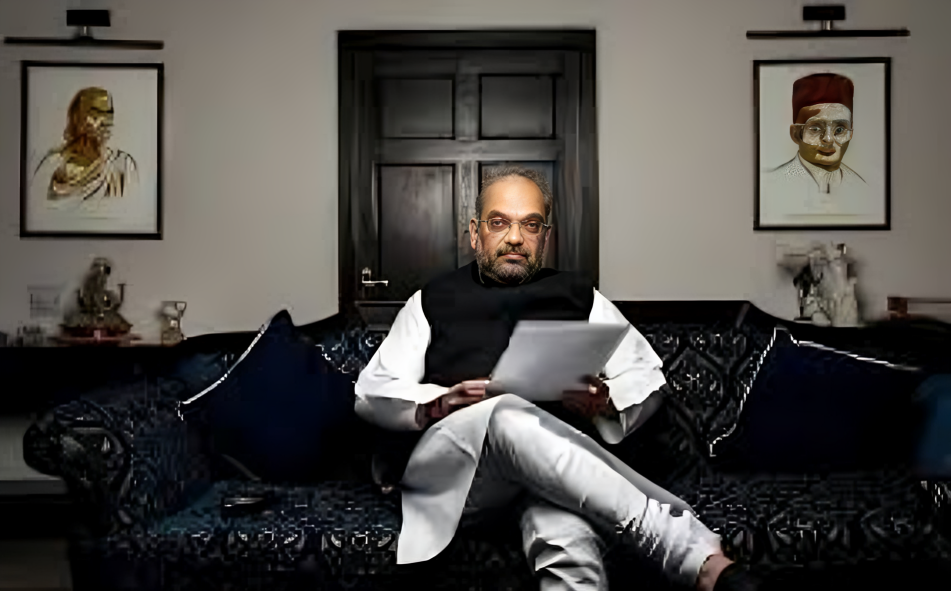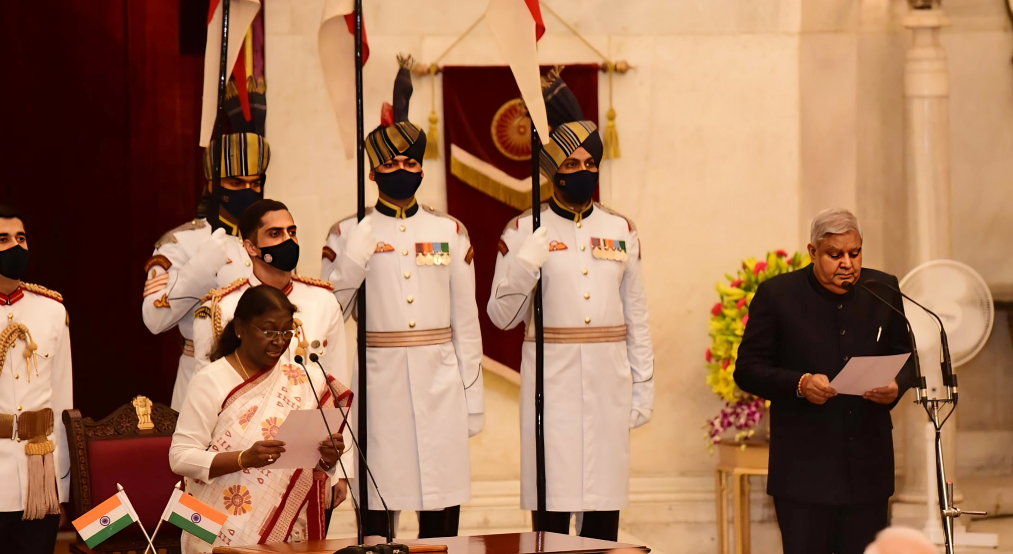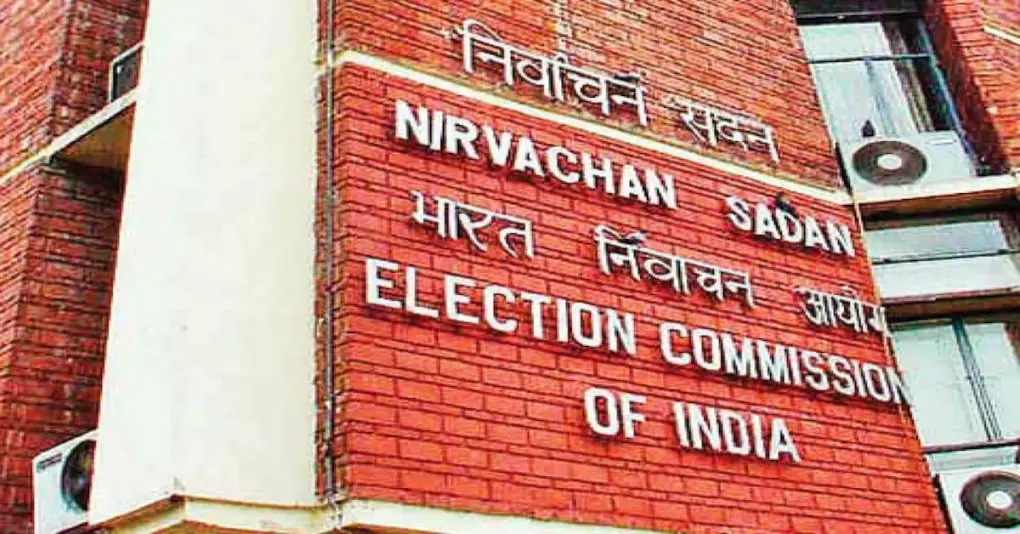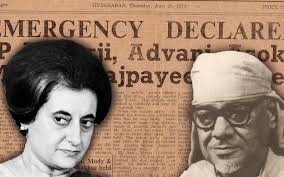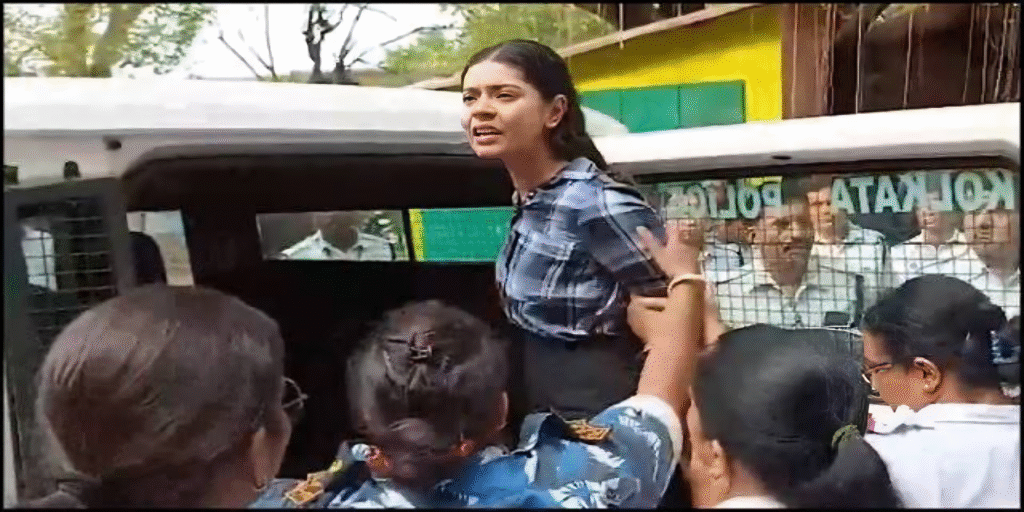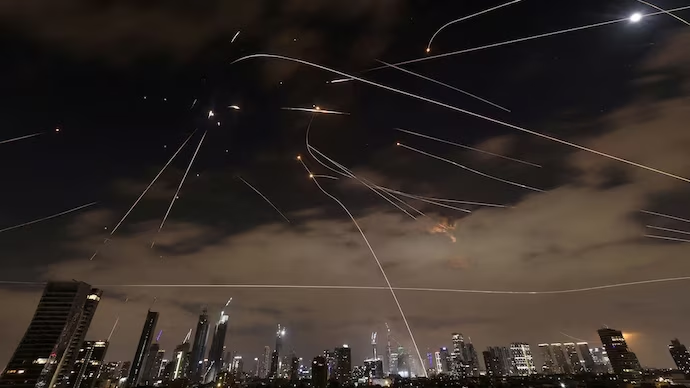
Introduction: The Return of Open State Warfare in West Asia
June 2025 marked the return of full-scale warfare between two of the Middle East’s most ideologically hostile powers: Israel and Iran. What had long been a shadow war fought through cyber attacks, assassinations, and proxy militias, suddenly erupted into direct missile exchanges, drone strikes, and coordinated military campaigns. This conflict did not remain confined to Tel Aviv or Tehran—it quickly became a geopolitical earthquake, shaking the foundations of international alliances, global energy markets, and regional power balances.
While Israel and Iran are the primary combatants, the entire geopolitical order in the Middle East and beyond is now being reshaped. Regional actors are recalibrating their postures, global powers are scrambling to manage diplomatic fallout, and the risk of a broader, possibly uncontrollable war looms large.
The Strategic Theatre of War: Middle East as Ground Zero
The geography of this war is as important as its military dynamics. Iran’s missile barrages struck Israeli population centers including Tel Aviv and Haifa, prompting Israel’s Iron Dome and David’s Sling systems to intercept a majority, but not all, of these projectiles. Israel retaliated with precision airstrikes targeting Iran’s missile depots, nuclear sites in Isfahan and Natanz, and Revolutionary Guard bases. The Israeli Mossad and Iran’s Quds Force have reportedly intensified covert sabotage operations.
The conflict has endangered fragile regions such as Iraq, where US and Iranian-backed forces coexist uneasily; Syria, where Iranian militias and Israeli air operations often clash; and Lebanon, where Hezbollah threatens to escalate. The Houthis in Yemen have already launched missiles toward Israeli and Saudi targets, showcasing Iran’s ability to mobilize its proxies
Redrawing the Map: How Global Powers are Reacting
United States of America
Under President Donald Trump’s second term, the United States has firmly backed Israel, warning Iran of catastrophic consequences if it escalates further. American warships have been deployed in the Gulf, and intelligence cooperation with Israel has intensified. Yet the U.S. remains cautious of direct involvement on the ground, aiming instead to weaken Iran enough to push it to the negotiating table while avoiding a full-fledged war that could entangle American forces in another regional quagmire.
Russia
Russia under President Vladimir Putin has maintained its typical balancing act. While Moscow has long supported Iran in Syria and through arms sales, it also enjoys strategic cooperation with Israel, particularly in military coordination over Syrian airspace. Russia has positioned itself as a potential mediator, calling for restraint and proposing multilateral dialogue. Simultaneously, the Kremlin sees the conflict as a chance to shift U.S. focus from Ukraine and to present itself as a stabilizing force in the Middle East.
China
China’s interests are tied deeply to energy security and economic stability. As the largest importer of Middle Eastern oil, Beijing is calling for de-escalation. China has offered mediation services and emphasized the need to protect international trade routes, particularly those connecting the Persian Gulf to China’s Belt and Road Initiative. However, China’s role remains diplomatic rather than strategic, preferring not to take sides while maintaining stable relations with both Tehran and Tel Aviv.
India
India is threading a delicate path. With deepening defense and technological ties with Israel and growing trade and energy cooperation with Iran, New Delhi is opting for strategic silence and a policy of non-intervention. India has refrained from condemning either party at global forums, prioritizing its investments in the India-Middle East-Europe Economic Corridor (IMEC). Indian officials are pushing for a ceasefire through backchannel diplomacy while keeping a close eye on energy price fluctuations and diaspora safety.
European Powers
France’s President Emmanuel Macron has called for an immediate halt to hostilities, urging the UN and EU to engage both countries diplomatically. The United Kingdom under Prime Minister Keir Starmer echoed similar sentiments, warning of long-term destabilization. Both countries remain aligned with the U.S. but lack the leverage to drive ceasefire negotiations on their own.
Gulf States: The Fire Next Door
United Arab Emirates
The UAE finds itself in a precarious position. Having normalized relations with Israel under the Abraham Accords and maintained quiet diplomatic links with Iran, the Emirates now fear missile spillovers and economic disruptions. The country has activated high-level defense alerts and is lobbying for a regional peace summit to avoid being dragged into a conflict it cannot control.
Saudi Arabia
Saudi Arabia is facing renewed fears of direct Iranian aggression or proxy attacks, particularly from Houthis in Yemen. Riyadh remains aligned with Washington and quietly supports Israeli military deterrence. However, the Kingdom is wary of further destabilization, especially as it tries to focus on Vision 2030, its domestic modernization project. Saudi officials have ramped up border security and called for de-escalation at various Arab League forums.
The Return of Proxy Warfare
While Israel and Iran engage each other openly, the more dangerous possibility is a widespread regional war fought through non-state actors. Hezbollah has already threatened to launch attacks from southern Lebanon. The Houthis, encouraged by Iran, are testing long-range missile capabilities. Iraqi militias under Iran’s umbrella could strike U.S. bases or Israeli targets. The Syrian civil war front could be reignited. If even two of these proxies escalate simultaneously, the war may transform into a multilateral conflict involving at least five countries directly.
Humanitarian and Civilian Toll
As of mid-June 2025, over 2,500 civilians have been killed on both sides. Entire neighborhoods in Tehran’s southern districts and Israel’s northern front have been flattened. Hospitals are overwhelmed. Iran has accused Israel of targeting civilian infrastructure, while Israel maintains that Iran’s weapons caches are embedded within civilian zones. The UN has warned of a possible humanitarian disaster if the conflict persists for more than two months. More than 100,000 people have already been displaced in Syria and southern Lebanon due to intensified Israeli strikes.
Economic Fallout: Oil, Trade, and Global Markets
The Strait of Hormuz, through which over 30 percent of the world’s oil passes, is now a militarized zone. Even the threat of Iranian disruption has sent oil prices skyrocketing, crossing $130 per barrel. Insurance premiums on Gulf shipping routes have quadrupled, making imports more expensive worldwide. Gas prices are soaring across Europe and South Asia. Major global airlines have suspended operations through West Asian corridors, impacting cargo and passenger traffic. Central banks in emerging economies are revising inflation targets, anticipating food and energy crises if the war drags on.
Global South and Neutral Powers
Countries like Brazil, South Africa, and Indonesia have called for de-escalation but remain largely uninvolved. The African Union and ASEAN have issued generic peace appeals. However, rising fuel prices are already impacting food costs and industrial output across these regions. The longer the war continues, the deeper its impact will be on developing economies, many of which are still recovering from the aftershocks of the COVID-19 pandemic and the Russia-Ukraine war.
Intelligence and Secret Agencies in Action
Reports suggest heavy involvement of elite intelligence agencies on both sides. Mossad has ramped up its international operations to target Iranian assets in Syria, Lebanon, and Europe. Iran’s Revolutionary Guard has used its Quds Force to activate dormant cells across the Middle East. Cyber warfare has surged, with Israel disrupting Iran’s missile guidance systems and Iran launching digital attacks on Israeli power grids and banking systems. The CIA, MI6, and French DGSE are monitoring developments closely, with occasional intelligence-sharing with Tel Aviv to prevent catastrophic attacks.
Backchannel Diplomacy and Mediation Attempts
Oman and Qatar, historically known for facilitating quiet diplomacy, are reportedly holding indirect talks between Israeli and Iranian officials. Turkey, under President Erdogan, has offered to mediate while subtly warning Iran against destabilizing Turkish borders in Syria. The Vatican has also appealed for peace, and the UN Secretary-General has proposed a ceasefire resolution, although it remains blocked at the Security Council by conflicting positions among the permanent members.
Religious Tensions and Political Mobilization
The war is also igniting religious passions, particularly across the Muslim world, where public opinion largely leans against Israel. Protests have erupted in capitals from Jakarta to Islamabad, accusing Arab governments of silence and collusion. Israel has warned that inflamed religious rhetoric could further polarize global communities and make future peace harder to achieve.
Implications for the Future of the Region
The war marks a definitive end to the era of covert hostilities. It is no longer a cold war between Israel and Iran—it is an open and escalating confrontation. The conflict risks redrawing the map of alliances, with Gulf states reconsidering their Abraham Accord commitments, Turkey trying to position itself as a new regional hegemon, and the U.S. finding itself overstretched across multiple theatres from Europe to Asia to the Middle East.
If the war escalates further and drags in U.S. troops, Saudi air power, and Iranian proxies in Iraq and Syria, it could resemble a regional World War. On the other hand, a mediated ceasefire could freeze the conflict but leave a legacy of deeper mistrust and future volatility.
Conclusion: A Region on Edge and a World Holding Its Breath
The Israel-Iran war of 2025 has not only set West Asia ablaze but has exposed the fragility of global peace and the interdependence of modern states. From fuel prices in Mumbai to protests in Istanbul, from American aircraft carriers in the Gulf to Russian diplomats in Tehran, every actor now plays a role in this complex geopolitical theatre.
The coming weeks are critical. The choices made by Tehran, Tel Aviv, Washington, and Riyadh may determine whether this war remains contained or expands into a generational crisis. The world watches with bated breath, hoping that diplomacy succeeds before war consumes what remains of order in the Middle East.



